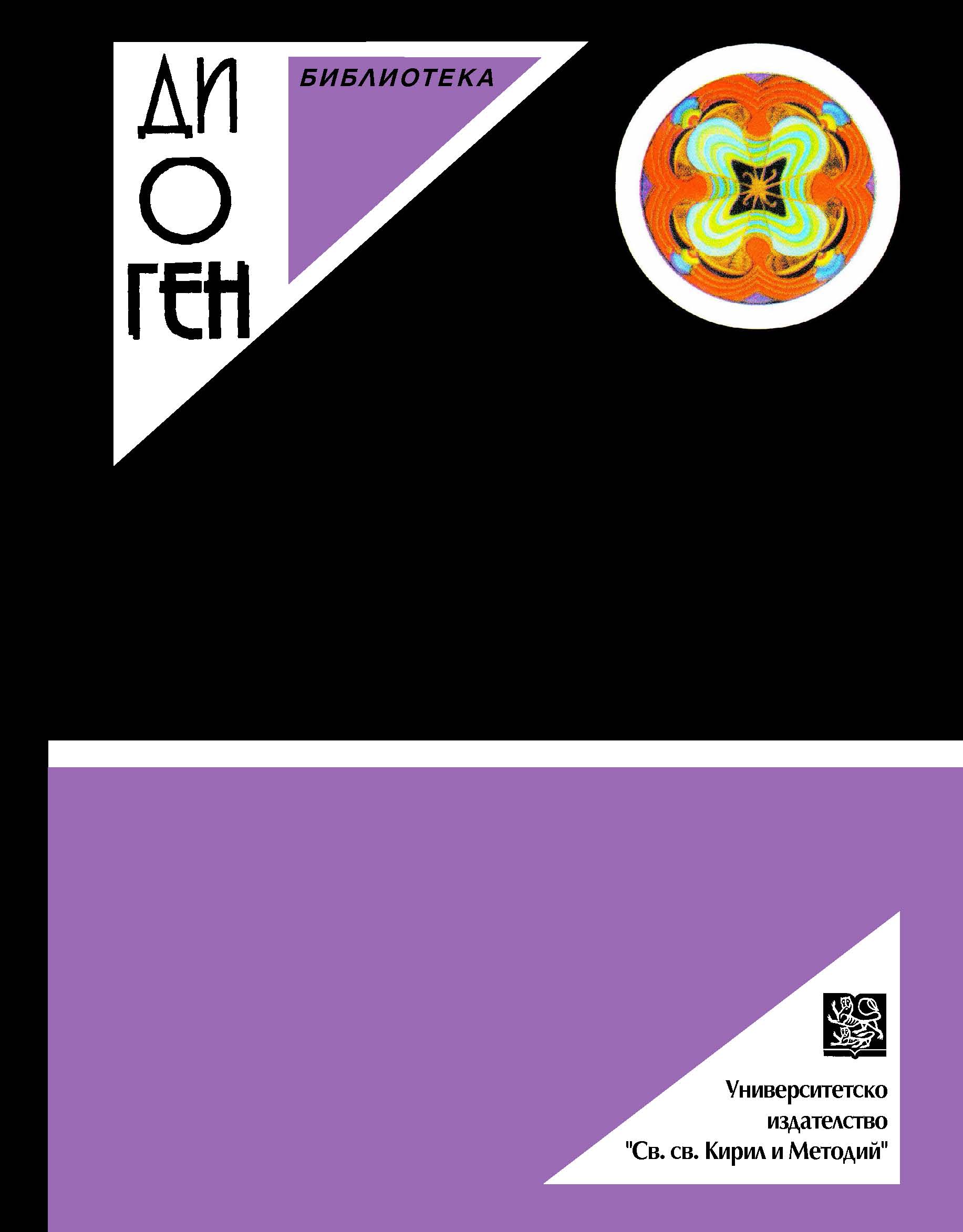Epistemological Ethics. New Ethical Dimensions of Knowledge
Epistemological Ethics. New Ethical Dimensions of Knowledge
Author(s): Cornelia GashparelSubject(s): Anthropology, Philosophy, Social Sciences, History of Philosophy, Philosophical Traditions, Metaphysics, Logic, Renaissance Philosophy, Analytic Philosophy, Phenomenology
Published by: Великотърновски университет „Св. св. Кирил и Методий”
Keywords: ethics; knowledge; society; communism; theory; epistemological ethics
Summary/Abstract: The man’s position in relation to knowledge forms and regaining his dignity in terms of its unity as a being endowed with mind and soul is the essence of the epistemological theory of ethics. The thesis from which we start the new foundation of ethical theories is that: in conditions of freedom or adaptation / surviving, within the size of which the perception, representation, intention and action may bring about, one can see the human nature endowed with mind and soul. Knowledge theories aim the man and his entire ethical value that finds itself in the manner of government and social and moral living. Between the man’s „evil” and „good” we must explain the idea of solidarity, justice, truth and freedom. Within the universal value of the soul, the history of religions finds its place and the ethical values largely justify both the life here, and especially the one beyond. Or, in this new light it is required to see the ethical value of man and necessary alliances are needed that initially would require putting together those individual researches in various fields that complete harmonization of knowledge. This fact would imply a unity in diversity of ethical theories about man and society. Within the architecture of the new theory of epistemological ethics the value of human ethics and the role of ethics in theory of knowledge can be seen.
Journal: Диоген
- Issue Year: 23/2015
- Issue No: 1
- Page Range: 144-158
- Page Count: 15
- Language: English

